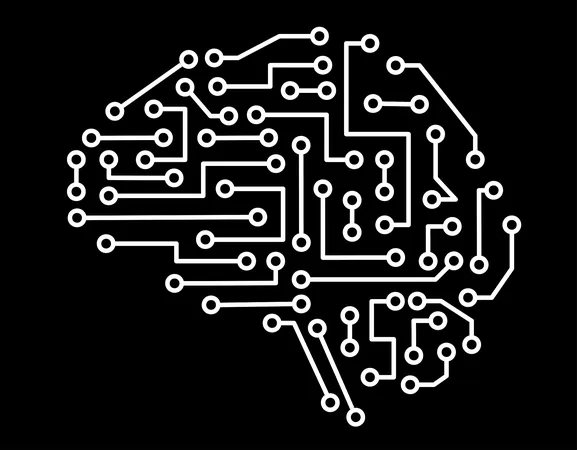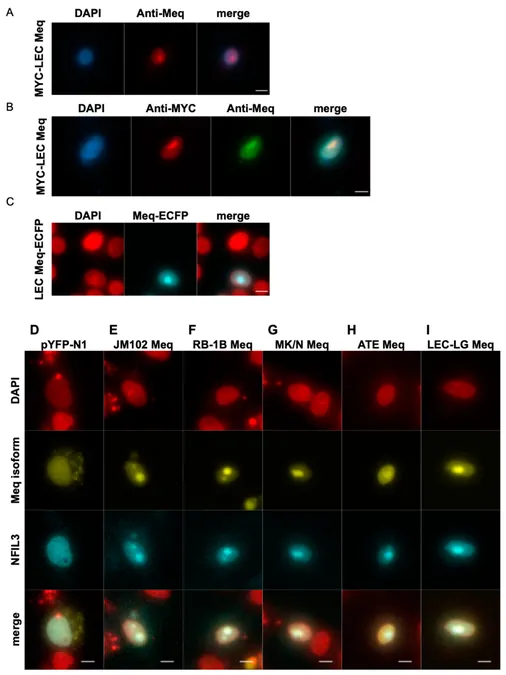
Revolutionary AI Tool Maps Cell Interactions to Transform Cancer Treatment
2025-03-18
Author: Wei Ling
Introduction
In a groundbreaking development in the fight against cancer, researchers have unveiled a novel artificial intelligence (AI) tool called NicheCompass, which offers unprecedented insights into the 'social networks' of cells. This first-of-its-kind neural network can swiftly analyze and interpret millions of cells from patient samples, identifying molecular changes crucial for tailoring personalized treatments for conditions like cancer.
NicheCompass Overview
NicheCompass harnesses the power of generative AI to create a comprehensive visual database that combines spatial genomic data about various cell types, their locations, and their modes of communication. Developed by an international team led by researchers at the Wellcome Sanger Institute and the Institute of AI for Health at Helmholtz Munich, this innovation is a vital part of the broader Human Cell Atlas Initiative aimed at enhancing our understanding of human biology.
Significant Findings in Cancer
A paper published in the prestigious journal Nature Genetics details how NicheCompass has been employed to uncover significant tissue changes in breast and lung cancer patients. Impressively, the tool can assess how different individuals might respond variably to treatments, drastically reducing the time for analysis to just one hour. This advancement is set to refine the development of personalized therapy plans, clearly spotlighting specific alterations that could be targeted for effective interventions against cancer.
Cellular Communication Networks
Every cell in the human body is engaged in a dynamic communication network, responding to and interacting with its environment through various signaling pathways. Each cell exhibits unique features, such as specific proteins on its surface, which help delineate its role and relationships within these networks.
Revamping Our Understanding of Human Biology
Recent breakthroughs in single-cell and spatial genomic technologies have revolutionized our comprehension of human biology, enabling the creation of detailed atlases outlining the diversity of cell types and their interactions within different organs. While these atlases provide critical insights about cell distribution and inter-cellular interactions, quantifying and interpreting these cellular neighborhoods has remained a significant challenge.
Overcoming Challenges with Deep Learning
NicheCompass overcomes this hurdle by embedding deep learning algorithms focused on cell-to-cell communication patterns. It learns how cells interact through their networks and categorizes them based on shared features, effectively delineating 'neighborhoods' within tissues. This means researchers and clinicians can pose complex questions regarding cellular communications, such as how cancer cells interact with their surroundings in lung cancer patients.
Practical Applications and Testing
In a practical application, NicheCompass was tested on data from ten lung cancer patients, revealing both similarities and differences in cellular interactions. The uniformities enrich our general understanding of cancer, while the variances point towards potential pathways for personalized medicine. Additionally, the system is designed to accommodate further patient data, enabling clinicians to seamlessly integrate their own findings and obtain comprehensive insights into individual cases within an hour.
Versatility Across Cancer Types
The tool's versatility was further showcased when researchers applied NicheCompass to analyze breast cancer tissue, confirming its efficacy across different cancer types. In exciting new research, the model also assessed a mouse brain spatial atlas containing 8.4 million cells, successfully identifying distinct brain sections and developing a visual resource for the entire organ. This illustrates NicheCompass's vast potential applicability across various organs and conditions.
Expert Insights
As Sebastian Birk, a lead author on the project, emphasizes, "With a wealth of data on the human body, we are at a critical point in discovering new strategies to combat disease. However, we need innovative tools like NicheCompass to unlock the full potential of this information." Dr. Carlos Talavera-López and Dr. Mohammad Lotfollahi, co-senior authors on the study, also highlighted the unique insights gained from the model—particularly how it can illuminate the interactions of immune cells with lung cancer tumors. They believe that in the future, NicheCompass could unveil groundbreaking strategies to harness the immune system for targeted cancer therapies.
Conclusion
In summary, NicheCompass is poised to revolutionize personalized medicine by providing detailed insights into cellular interactions and paving the way for innovative treatment strategies that exploit these relationships. As cancer treatment becomes increasingly tailored to individual patients, this powerful AI tool might just be the key to transforming patient outcomes in the battle against cancer.


 Brasil (PT)
Brasil (PT)
 Canada (EN)
Canada (EN)
 Chile (ES)
Chile (ES)
 Česko (CS)
Česko (CS)
 대한민국 (KO)
대한민국 (KO)
 España (ES)
España (ES)
 France (FR)
France (FR)
 Hong Kong (EN)
Hong Kong (EN)
 Italia (IT)
Italia (IT)
 日本 (JA)
日本 (JA)
 Magyarország (HU)
Magyarország (HU)
 Norge (NO)
Norge (NO)
 Polska (PL)
Polska (PL)
 Schweiz (DE)
Schweiz (DE)
 Singapore (EN)
Singapore (EN)
 Sverige (SV)
Sverige (SV)
 Suomi (FI)
Suomi (FI)
 Türkiye (TR)
Türkiye (TR)
 الإمارات العربية المتحدة (AR)
الإمارات العربية المتحدة (AR)